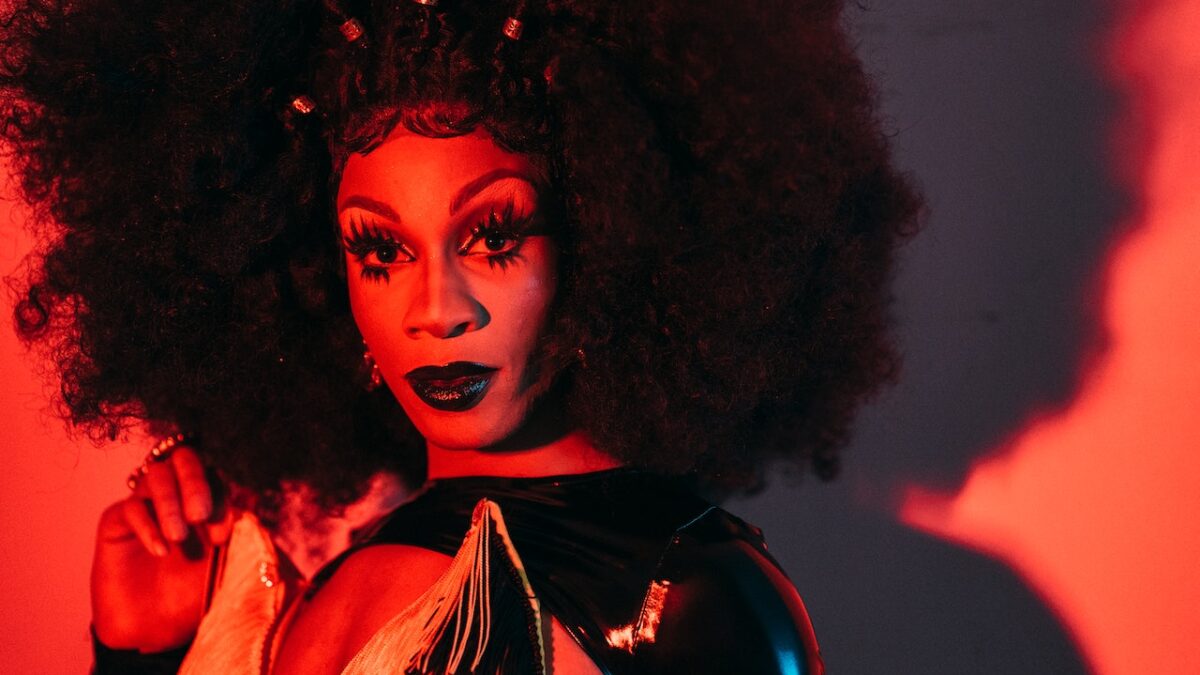
I will never forget the time my fiancé (now husband) and I went to a “wedding vendor expo” put on by the site where we were going to have our reception. It was April, and we’d just gotten engaged. Our wedding date was mid-September. So the first question every vendor asked was, “When are you getting married?” And when we said September, they asked “which year?” We were confused. “This year.” And then people would react with this horrified look like we’d never be able to get married in such a short order of time.
It was ridiculous.
Now, I’m not saying that working two jobs while planning a wedding in a few months is something I ever want to go through again, but we got married and were elated to be done with the engagement and wedding and on to the fun of actually being married.
It was a big wedding and we had a blast with all of our friends and family together for the only time it will ever happen.
Now, I’m not going to lie, I think my husband, who had always claimed he wanted to marry me, was shocked by how quickly I wanted that to happen once we made the decision. But now we both wish we would have figured out everything much more quickly and gotten hitched even earlier.
Another thing is that I wish I would have pushed more for my initial wedding plan, which was to just get married at the end of our normal Sunday morning worship service and then invite everyone over for tacos, margs and a mariachi band at a nearby park. Admit it, that sounds awesome, right? Totally should have done that.
I’m reminiscing about all this because of a new study that shows a negative relationship between cost of wedding and marital success. I’m totally not surprised. Here’s part of the study, authored by Emory University economists Andrew M. Francis and Hugo M. Mialon. In “‘A Diamond is Forever’ and Other Fairy Tales: The Relationship between Wedding Expenses and Marriage Duration,” they looked at 3,000 ever-married persons in the United States after asking them questions on “marital status, marriage duration, children, length of time dated, feelings and attitudes at the time of wedding proposal, honeymoon, engagement ring expenses, wedding attendance, total wedding expenses, age, age at marriage, gender, race/ethnicity, education, employment, household income, region of residence, religious attendance, and differences in age, race, and education between respondent and partner.”
The economists decided to look at the wedding-industrial complex’s suggestion that spending tons of cash on a wedding will yield a long-lasting marriage. They found that length of marriage was either completely unrelated or sometimes inversely related with spending a bunch of money on an engagement ring or a wedding ceremony. Here are other interesting findings:
"... greater differences in age and education between husband and wife and reporting that one’s partner’s looks were important in the decision to marry are both significantly associated with a higher hazard of divorce. On the other hand, relatively high household income, regularly attending religious services, having a child with one’s partner, relatively high wedding attendance, and going on a honeymoon are all significantly associated with a lower hazard of divorce. Thus, the evidence suggests that the types of weddings associated with lower likelihood of divorce are those that are relatively inexpensive but are high in attendance."
So if you want to be happy for the rest of your life, try to consider whether your spouse has anything going for him or her more than hotness. Who knew? Also, go ahead and have a big wedding, but learn that spending money on things that will be consumed in a few short hours is not a likely path to happiness.
I do have to share another story from my wedding. I was at a department store and found a really cute “wedding dress,” by which I mean “a dress I thought I could wear to my wedding.” My mom gently pointed out that I might be the most casual person at my own wedding and suggested I get a longer dress. So I got a dress off the sale rack at Nordstrom’s, already marked down to $150, and had them tailor it for free. No, it wasn’t white, and yes, I’ve worn it frequently to other functions. Why doesn’t everybody do this? I loved it. Another friend of mine bought a “wedding suit.” It was the suit she wore to the justice of the peace for her own wedding and then she wore it to other weddings as well.
I like to give affianced friends a copy of Rebecca Mead’s book “One Perfect Day,” which exposes the ridiculous wedding industry. As I wrote when I reviewed it for the Wall Street Journal:
In Ms. Mead's mind, the wedding as a rite of passage no longer signals a couple's transition to adulthood. Instead, she says, the contemporary wedding marks the move from one type of consumer to another. It is an event "shaped as much by commerce or marketing as it is by those influences couples might prefer to think of as affecting their nuptial choices, such as social propriety, religious observance, or familial expectation." Though Ms. Mead focuses intently on what she clearly regards as the brainwashing of young women by an axis of wedding planners, bridal magazines and wedding-expo sponsors, she does step back occasionally to comment, often trenchantly, on the modern manners of getting married. Nowadays the white wedding gown, she writes, "does not represent the purity of the bride . . . but substitutes for it."
But consumption is the exact opposite model of what you need for a happy marriage. You need to think in terms of service to your spouse if you want to really get the most bliss out of your nuptials. A good way to start that is to drop the Bridezilla look and instead think about throwing a prudent but fun party. And when those manipulative wedding planners get to you, just remember that rejecting their suggestions could be the difference between a long and happy marriage and another sad statistic.









